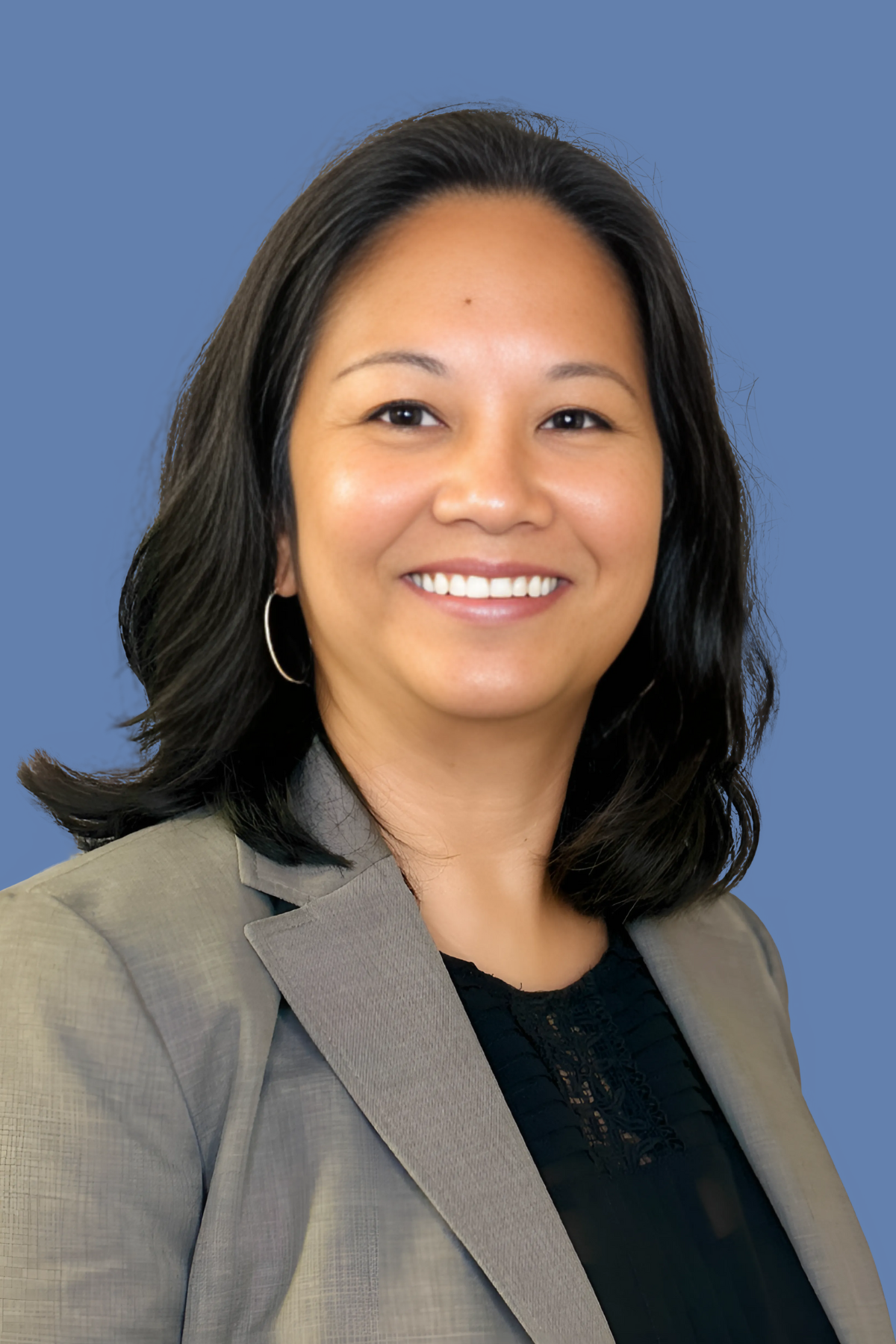In Dr. Luvelle Brown’s Culture of Love, he eloquently stated and firmly believed that “Leaders cannot mandate change. They can influence it.” Positive culture within any system and organization must hold true to certain values, practices, and beliefs shared by many but are essentially modeled by effective leadership. As I reflect on my tenure as a leader and administrator, certain values and beliefs hold true and universal: commitment, integrity, trust, and respect.
As professionals, we know what a good team or a strong organization looks like. It is focused, data driven, and with results that demonstrate positive change. But it is the core values and practices supporting those beliefs that drive how we sustain a positive system. Establishing trust, demonstrating respect, and upholding integrity as a leader fosters the development of systems that cultivate a dedicated and optimistic organizational culture.
Joyce Gronewold, MEd
As a leader and role model, daily behavior sets the tone. Be present, be engaged, and be informed. Too many times, teams and organizations lose time and energy ruminating about the problem. A dedicated and committed leader influences the room by driving the team to create viable options and sustainable processes. Effective leaders honor the issue at hand while creating an environment where people connect in a safe space respecting all voices. President Teddy Roosevelt’s statement to “Do what you can with what you have, where you are,” is a great reminder to keep moving forward. Mission and vision are the focus.
Trust in a system is not automatic. It must grow and mature. Trust is built on clear communication and consistency over time. Positive culture in any organization is not sustainable without trust and respect. As a leader, I trust my teams to meet expectations and do the job they are tasked. Teams trust my ability as a leader to guide and coach the process.
To establish a trusting culture, team members must feel safe to share ideas without fear of criticism. This exchange needs an empathetic leader who actively listens and at times serves as a calming mediator. Trust also must include accepting feedback in order for positive change to happen. With trust established, respect can flourish.
With trust and respect among the team, work can proceed, allowing the organization to concentrate on its tasks, fostering a healthy organizational culture. Respect doesn't imply agreement or assume acceptance; it embraces diverse voices, perspectives, and individual rights within their contexts, recognizing their inherent value, worth, and dignity.
Integrity, an important trait a leader must possess; is not about perfection, but authenticity and sincerity. Upholding a moral compass through honesty, transparency, and humility is a learned skill, one that will face challenges and scrutiny. Throughout it all, a leader who reflects on his or her behaviors, biases, and decisions maintains balance to effectively influence the system and organization.
Joyce Gronewold, MEd
Integrity is woven into trust and respect, enabling powerful and positive connections to develop and strengthen. Maya Angelou said it best, “I’ve learned that whenever I decide something with an open heart, I usually make the right decision. I’ve learned that I still have a lot to learn. I’ve learned that people will forget what you said, people will forget what you did, but people will never forget how you made them feel.” These connections motivate and empower.

written by
Joyce Gronewold
Joyce Gronewold is a coach for special education administrators specializing in comprehensive systems, a wide continuum of divergent student needs, building local capacity through training and support, and equipping special education administrators. She has been a summer camp counselor and supervisor, special education one-on-one aide, school psychologist, special education supervisor, and assistant director and director of special education. Joyce is the Executive Director of Specialized Instruction at the Illinois State Board of Education supporting Special Education, Early Childhood, and Multilingual Language Programs since June 2024. Outside of her professional work, she enjoys traveling with her family, antique shopping with her youngest, attending car shows of all kinds, watching home improvement shows, and is an avid Star Wars fan. Joyce is a Founding Director for TLC Nonprofit with her Bachelors in Psychology, Master of Education in School Psychology, and Educational Leadership Endorsement in Director of Special Education.
University Product
product description in relation to blog post
Write your awesome label here.
Write your awesome label here.
Download our resource and start learning!
Learn the tools used by the world's top professionals. Boost your confidence, master the field, become a certified professional. We hope our guide provides you with valuable insights and practical tips.
Everywhere you listen to podcasts!
Little Bits of TLC Podcast
Join us for more!
Listen to A Conversation about Implementing Leadership Practices for Sustainable Culture with Guest, Matthew Hayes, AS, NLP
Project Thrive
Build an inclusive, proactive classroom that supports students with behavioral and mental health needs.
Join the next cohort to develop effective environments, behavior strategies, targeted instruction, essential collaboration skills, and more!
Project Onward
Build a transformative intensive program with your complex at-risk students.
Join the next cohort to develop your self-contained or alternative education program from design through implementation!
Project Bace
Build an effective, individualized functional skills program for your low-incidence students.
Join the next cohort to develop your instructional environment, responses to behaviors, functional academics, and more!
Project Thrive
Listen to this episode about HLPs in general ed. and resource!
Project Onward
Listen to this episode about HLPs in intensive EBD!
Project Bace
Listen to this episode about HLPs in life skills programming!
